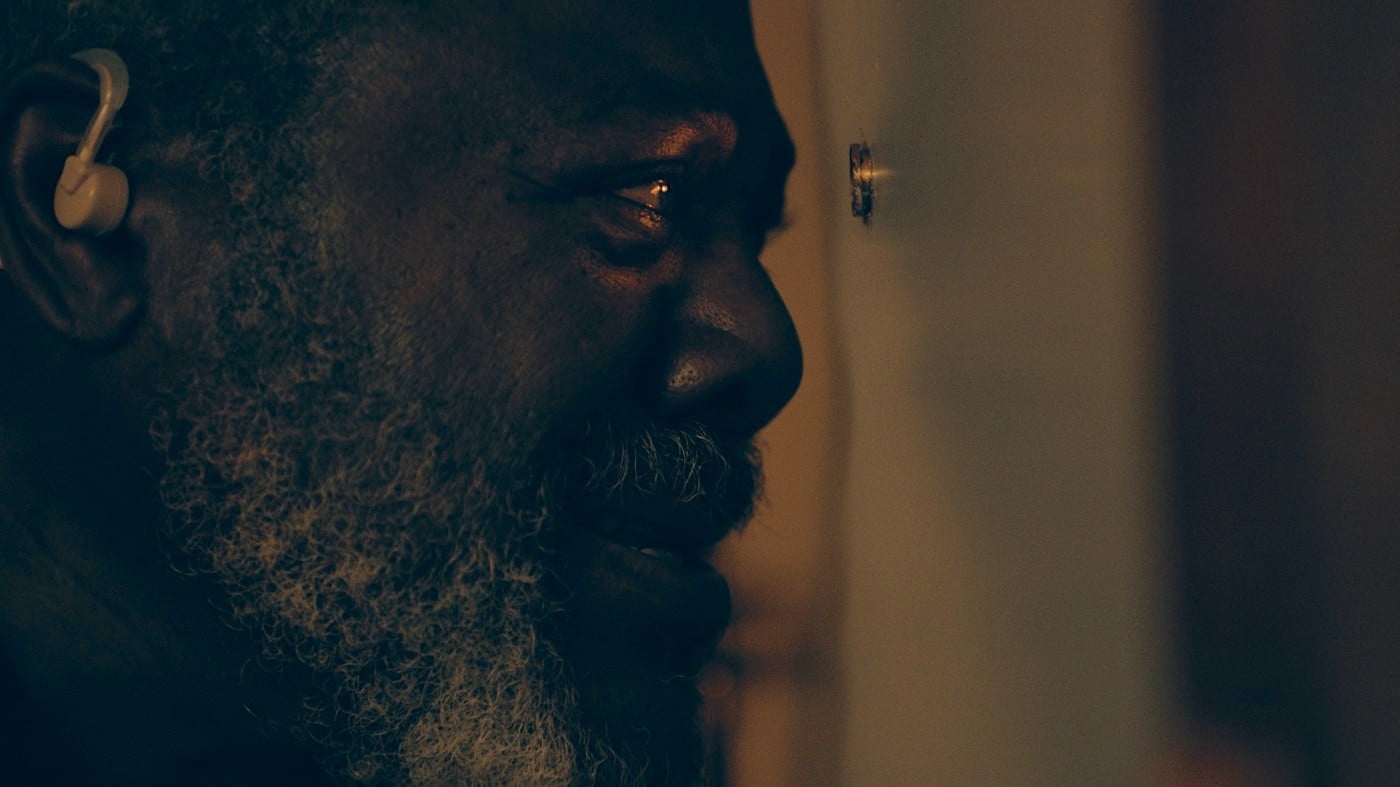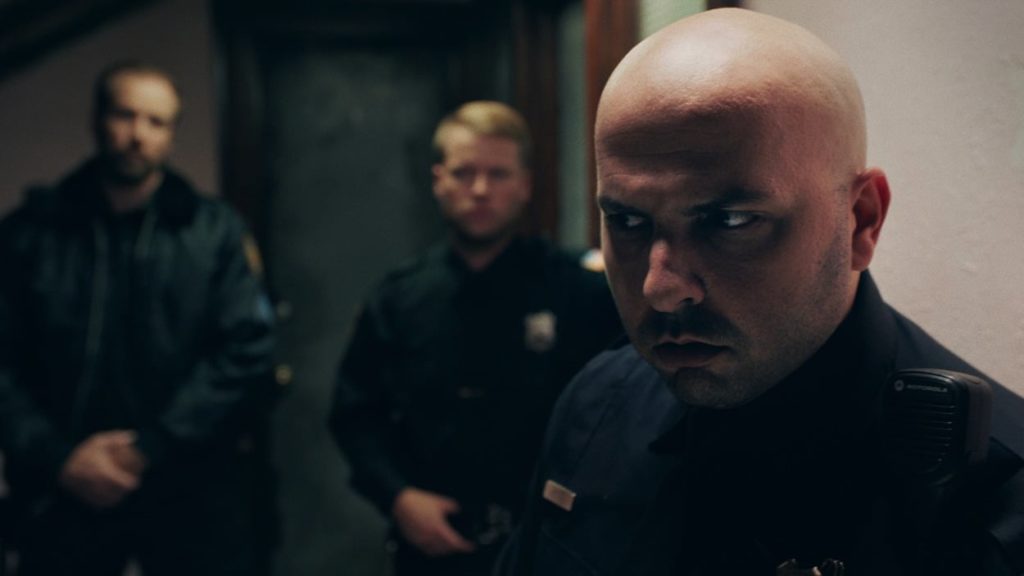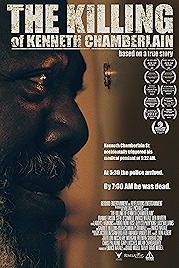The title is a bit of a giveaway but The Killing of Kenneth Chamberlain does not end well for Kenneth Chamberlain, a 70-year-old former Marine with heart problems and mental health issues who, shortly after 5am one November morning in 2011 accidentally set off his medical alert pendant while he slept.
Within two hours he was dead at the hands of the New York cops who had been sent to run a routine “welfare check” on a man they knew to be “emotionally disturbed and medically fragile”.
It’s a true story, and many of the details of what we see in this fictionalised reconstruction are confirmed just before the end credits. Writer/director David Midell shows actual photographs from the scene and plays snatches of the phone calls between Kenneth and his family and with the company who instigated the medical alert and then tried to call the cops off once they realised it was a false alarm.
The cops, though, bit between their teeth, would not be called off. And if the tragedy of this film is the death of Kenneth, the shock of it is watching representations of police behaviour this brutish, uncaring and dismissive of other people’s dignity. “He needs to learn who’s boss,” says one of the cops at one point, clearly having forgotten that the police are there to Serve and Protect, in the phrase first made famous by the LAPD and since taken up by police forces all over the USA.
But I’m getting ahead of myself. Chamberlain triggers the alert, the emergency services are called and the cops turn up for their “welfare check”, three of them – Sergeant Parks (Steve O’Connell), the borderline belligerent one; Officer Jackson (Ben Marten), the already aggressive, cold-eyed, gum-chewing one; and Officer Rossi (Enrico Natale), the most humane of the three, who the other two discount because a) he used to be a middle school teacher and b) because he’s Hispanic.
Inside, blundering about in the gloom of his apartment, Chamberlain realises what’s happened and, in conversations with the medical company, tries to get the emergency call rescinded. I’m OK, he tells the cops through the door of his apartment, which he doesn’t want them to enter, because why should he, it’s his home. The cops will not take no for an answer and start to escalate the situation. And in spite of entreaties from family members out on the landing and an increasingly large group of neighbours, concerned at the noise and worried about Chamberlain’s safety, up the escalation continues to go until backup arrives and things start to get very serious.
Kenneth Chamberlain was a black man, which might come, sadly, as no surprise, but this isn’t entirely a tale of racism at the hands of uncaring cops. It’s also a tale of being poor and of being, thanks to the “paranoia and psychotic episodes”, at the mercy of personal decision-making that isn’t always the best. That’s Chamberlain’s prerogative, however, he’s just a guy and having bad days is perfectly acceptable; for the cops this is their job, and it’s one they seem to be shockingly bad at. Where’s the training in de-escalating situations? Only Officer Rossi seems to have any sort of clue, and he’s the cop being sneered at by the rest.
Frankie Faison plays Chamberlain, though it’s easy to forget that this is an actor playing a role he’s so convincing, somehow ringing the changes on what could have been a whacko nutjob turn. Writer/director David Midell keeps Chamberlain in the semi-gloom of the apartment, playing up the sense that this is a bear in the safety of his cave but at bay, while out on the cold, brutally lit and echoey stairwell, the cops work themselves into the mindset that somehow they’re the victims here. A former behavioural therapist, Midell knows what he’s up to here.
The sound design catches the different atmospheres either side of the door and the music – sustained drones, quite often – adds to the sense of a growing threat, until it becomes so loud that it threatens to obscure the drama of a situation that’s now out of control.
A minor niggle. This is the sort of film whose title already tells you what’s going to happen and its almost-documentary grim subject matter makes it the sort of prospect you don’t exactly relish, especially as institutional police racism is now so routine a subject. But Midell’s decision to get up close and personal on Chamberlain in what he didn’t realise would be his last minutes makes for the sort of gruesome viewing it’s not fun to watch but it is necessary to see.
The Killing of Kenneth Chamberlain – Watch it/buy it at Amazon
I am an Amazon affiliate
© Steve Morrissey 2022


